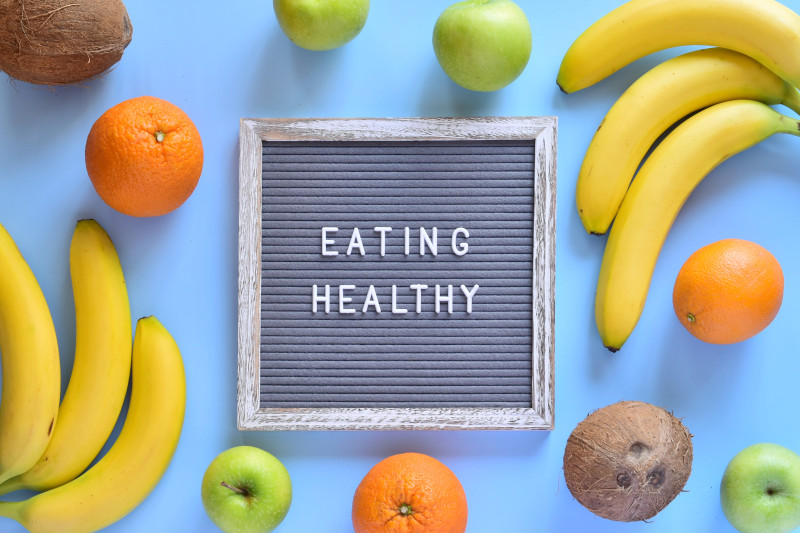Benefits of Healthy Eating

10 Aug
The Benefits of Healthy Eating and the Importance of a Balanced Diet
The Benefits of Healthy Eating and the Importance of a Balanced Diet
Healthy eating is the cornerstone of maintaining both physical and mental health. A balanced diet involves consuming a variety of foods that provide essential nutrients such as vitamins, minerals, proteins, and carbohydrates. Choosing the right foods and controlling portions are key factors in maintaining a healthy weight and achieving fitness goals.
1. The Importance of Variety in Your Diet
Diversity in food ensures that the body receives all the necessary nutrients. A healthy diet should include a variety of foods such as:
- Fruits and Vegetables: These are rich sources of vitamins, minerals, and fiber. It is recommended to consume at least five servings of fruits and vegetables daily.
- Whole Grains: Foods like oats, brown rice, and whole-grain bread are excellent sources of energy and fiber.
- Healthy Proteins: Include lean meats, poultry, fish, legumes, and nuts. Proteins help in building muscles and maintaining healthy skin and hair.
- Low-Fat Dairy Products: Milk and yogurt provide a rich source of calcium necessary for bone health.
2. Number of Daily Meals and the Importance of Regular Eating
Distributing meals throughout the day is crucial for maintaining energy levels and controlling appetite. It is recommended to eat 3 main meals and 2-3 snacks daily, ensuring that the meals are balanced in terms of calories and nutrients. This distribution helps in:
- Boosting Metabolism: Regular eating helps enhance metabolism and maintain stable energy levels throughout the day.
- Weight Management: Eating small, frequent meals helps control hunger and prevents overeating.
- Supporting Physical and Mental Performance: Providing the body with energy through regular meals helps improve both physical and mental performance.
3. Choosing Healthy Foods for Each Meal
Each meal should include a mix of essential nutrients. For example:
- Breakfast: Can include oatmeal with fresh fruits and yogurt, providing long-lasting energy and fiber that contribute to satiety.
- Lunch: May consist of a healthy protein like grilled chicken breast with a mixed vegetable salad and brown rice or whole-grain bread.
- Dinner: Could include grilled salmon with roasted vegetables and a cup of quinoa or sweet potatoes.
4. The Importance of Drinking Water
A healthy diet is incomplete without emphasizing the importance of drinking adequate amounts of water. Water helps maintain body hydration, improve digestion, and regulate body temperature. It is recommended to drink at least 8 glasses of water daily, with increased intake on hot days or when exercising.
5. Avoiding Harmful Foods
It is crucial to avoid foods high in saturated fats, added sugars, and sodium. These foods can increase the risk of chronic diseases such as heart disease and diabetes. Instead, opt for natural and fresh foods whenever possible.
Conclusion
A healthy diet is not just a temporary diet, but a lifestyle that should be followed permanently. By choosing diverse and balanced foods, distributing meals correctly, and drinking enough water, we can maintain physical and mental health and achieve a life full of energy and vitality.
Leave a comment





Subscribe to newsletter




0 Comments